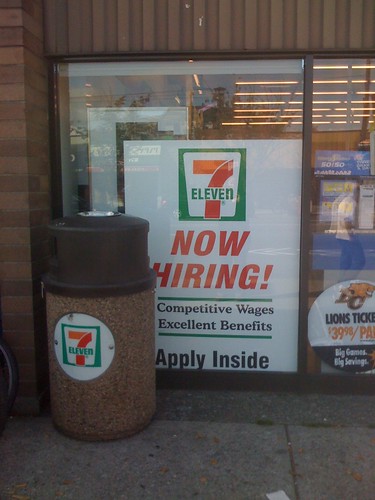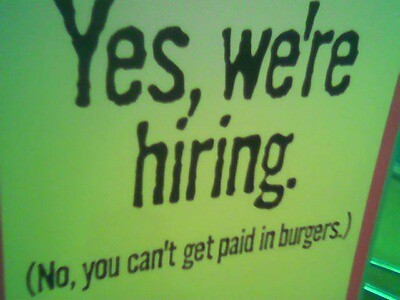This all comes from one source, so there are clearly other valid viewpoints. If you know of any other sources of good info (free helps too) please let me know.
- Use a compliance matrix to ensure you meet RFP requirements
-
- Use the Section L and M of the RFP requirements to develop the matrix
- Requirements can help show you a logical organizational structure to use
- Include win themes in the compliance matrix to ensure you are incorporating them
- Allocate win themes throughout the response evenly
- Include criteria in the compliance matrix that ensure content answers and exceeds the requirements
- Know how to read an RFP
-
- Section L. Where you'll find the instructions for formatting, organizing, and submitting your proposal. When reading Section L: Look for instructions regarding page count, page layout (margins, fonts, page sizes), media (disk, CD-ROM, video), submission method, and outline/content.
- Section M. Where you'll find the criteria that will be used to evaluate your proposal. When reading Section M: Look for scoring method, score weighting, evaluation process, past performance approach, and "best value" terminology.
- Section C. This is where they say what it is they want you to propose (the Statement of Work). When reading Section C: Look for requirements (are they explained, understandable, and/or ambiguous?), contradictions (between requirements as well as Section L and M), feasibility, and opportunities for differentiation between you and your competitors.
- Section B. This is where they tell you how to format your pricing. When reading Section B: Look for correspondence to the requirements and evaluation criteria.
- And sometimes they hide important stuff (like the Statement of Work) in Section J, attachments.
-
- Editing
-
- No passive voice, active verbs only
- Be specific
-
- Spend time on how you will do things, not what you did in the past
- Results, not promises
- Talk about the criteria that you will use to make decisions, and list the things you will take into consideration. Talk about having processes for getting things done without saying what the steps are. Talk about the benefits that will result without saying how you will deliver them. Talk about all the things that you can do for the customer, without saying what, when, or how you will do them.
- Words to avoid
- Keep it simple
-
- <5 sentences per paragraph
- Enough content for the expert, but clear enough for the layperson doing the evaluation by checklist
- <20% passive voice
- 40-50 range Flesch Reading Ease stat
- >9 but <12 Flesch-Kinkaid Grade Level stat, use this for more stats
-
- Write about benefits, not features (very good link)
-
- Write out the benefits first
- 2nd person, say "You"
- Make a features to benefits table
- Use discriminators, which are themes that set you apart from the competition (a unique selling point)
- Meet the needs of the RFP, and the unwritten one's too. Have to know what else is going on (GAO Reports are great)
- Similarities are key, similar solutions, similar environments, similar clients
- So what?!?
-
- Why does that feature benefit me?
- Why would I use that product?
- Why should I buy your service/product over any other?
- What's in it for me
- Make their job easy
-
- Cover the requirements clearly (see above)
- Call out important items, make them first in the proposal, first in a section and first in a sub-section
- Explain important risk factors, how to mitigate them, what will cause problems
- Avoid patronizing by making it a statement of your understanding. "We do … because we understand the importance of … This ensures that any risk of … is mitigated. We have made this a key feature of our proposal because we understand that any approach that does not include … represents a source of unmitigated risk."
- The summation of your proposal should leave no doubt that we are the only possible option
- Past Performances
-
- Have them! (1) How complete is the past performance archive? (2) How is the process of preparing the past performance going to be managed? And (3) who is going to write the past performance?
- How many past performance citations are required? What are all the technical / experience areas that must be addressed by the citations? How many of the requirements will need to be addressed by citations from subcontractor firms? Given the situation, how many person- hours of labor will be necessary to complete the past performance section? Which citations are long-lead items requiring advance planning because of the need to interface with subcontractors or develop information lost from corporate memory?
- If the past performance section is complex at all, do audit of the solicitation requirements. Determine what are the important elements of experience required to do the job. Format the past performance so that each citation addresses as many parts of the spec as possible. At the end, audit the the citations to ensure that you have conclusively demonstrated the capability to do all parts of the spec.
- 4-8 hours per PP
- Questions to consider/answer in the technical section and your Management Plan. Make sure it is a quality plan.










